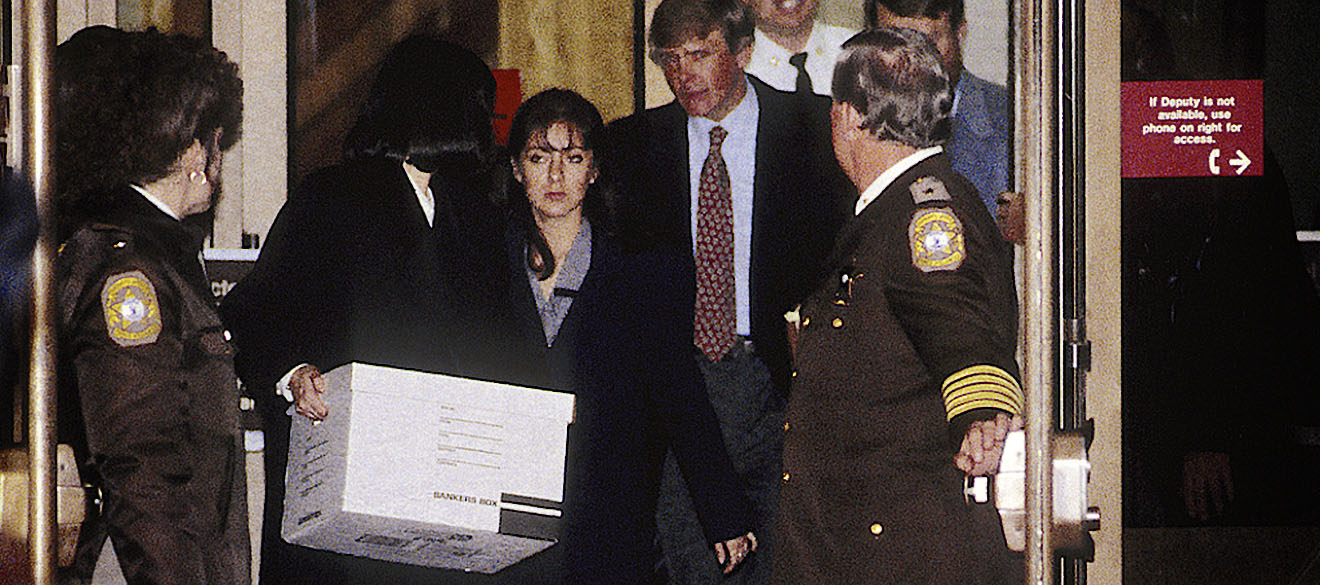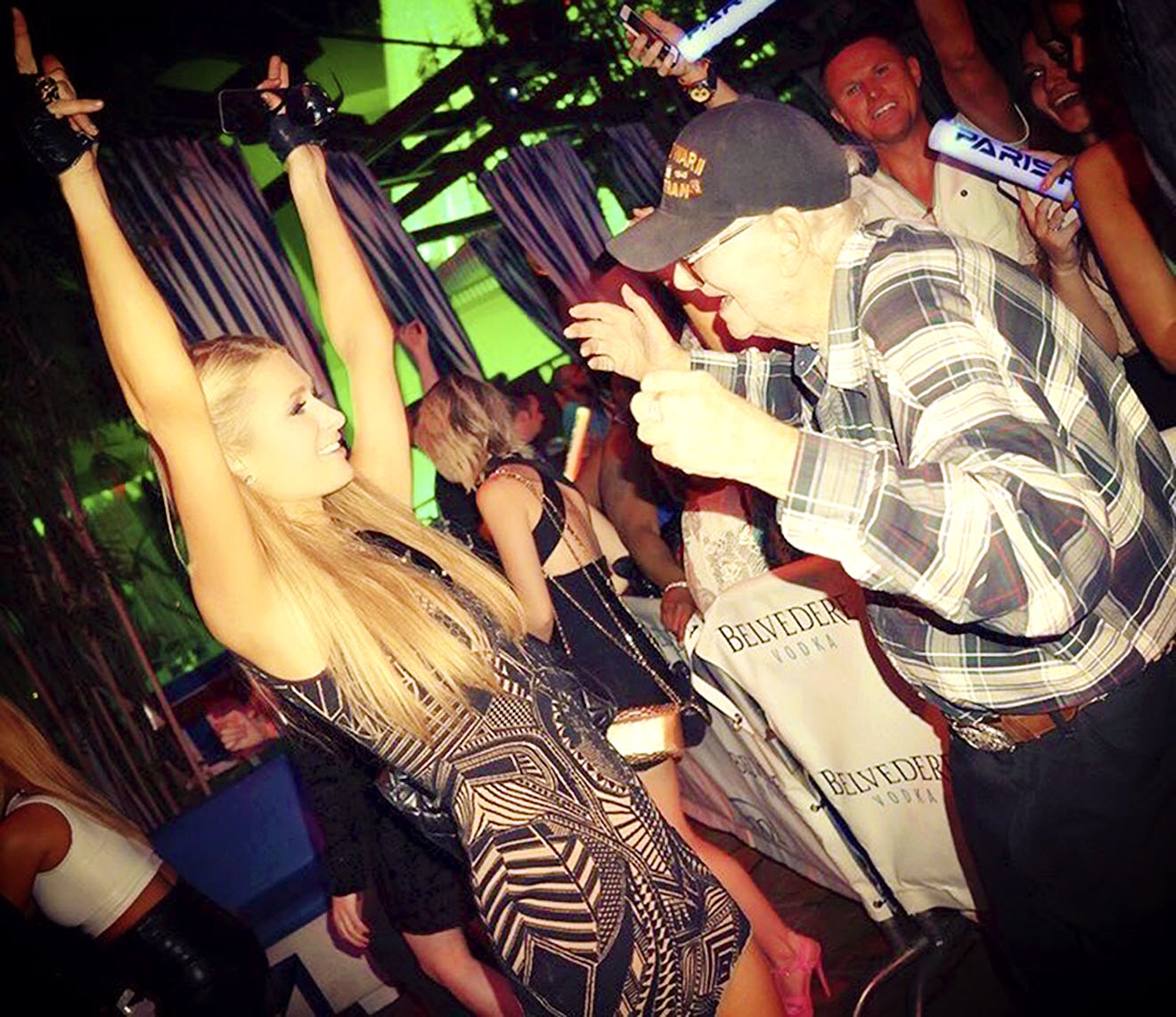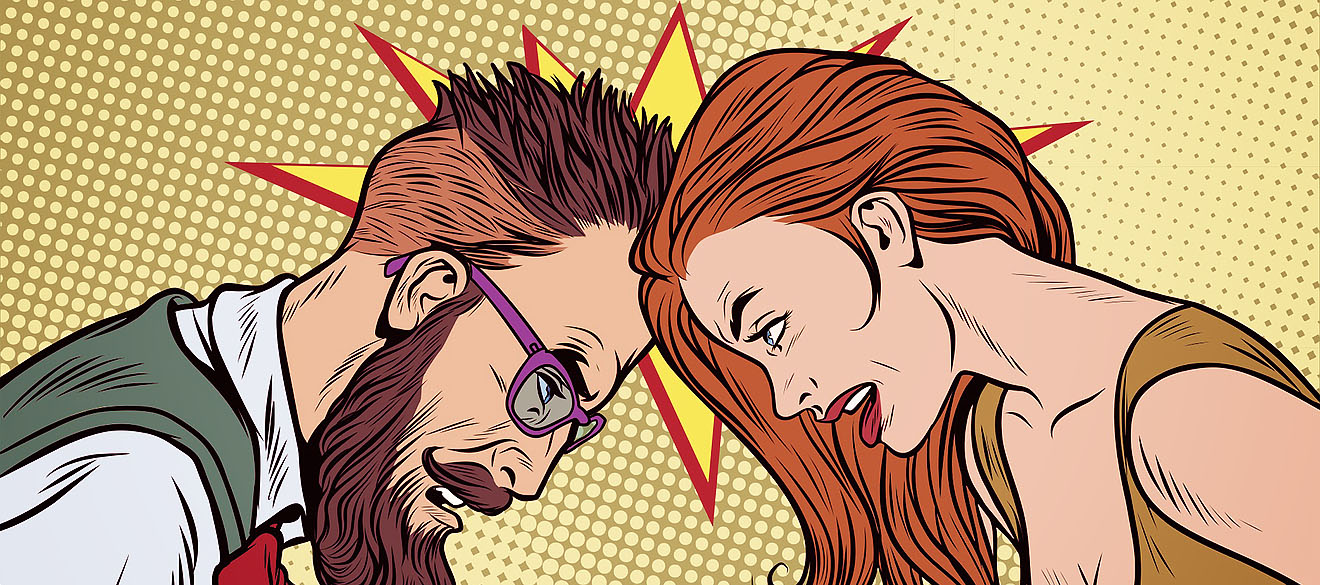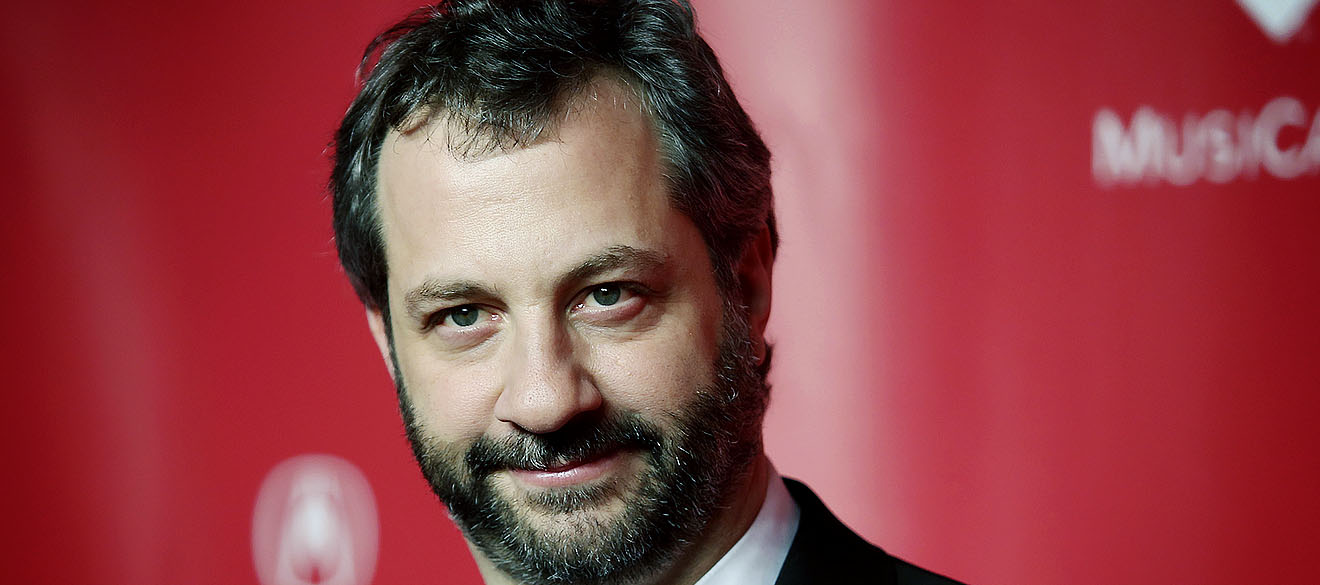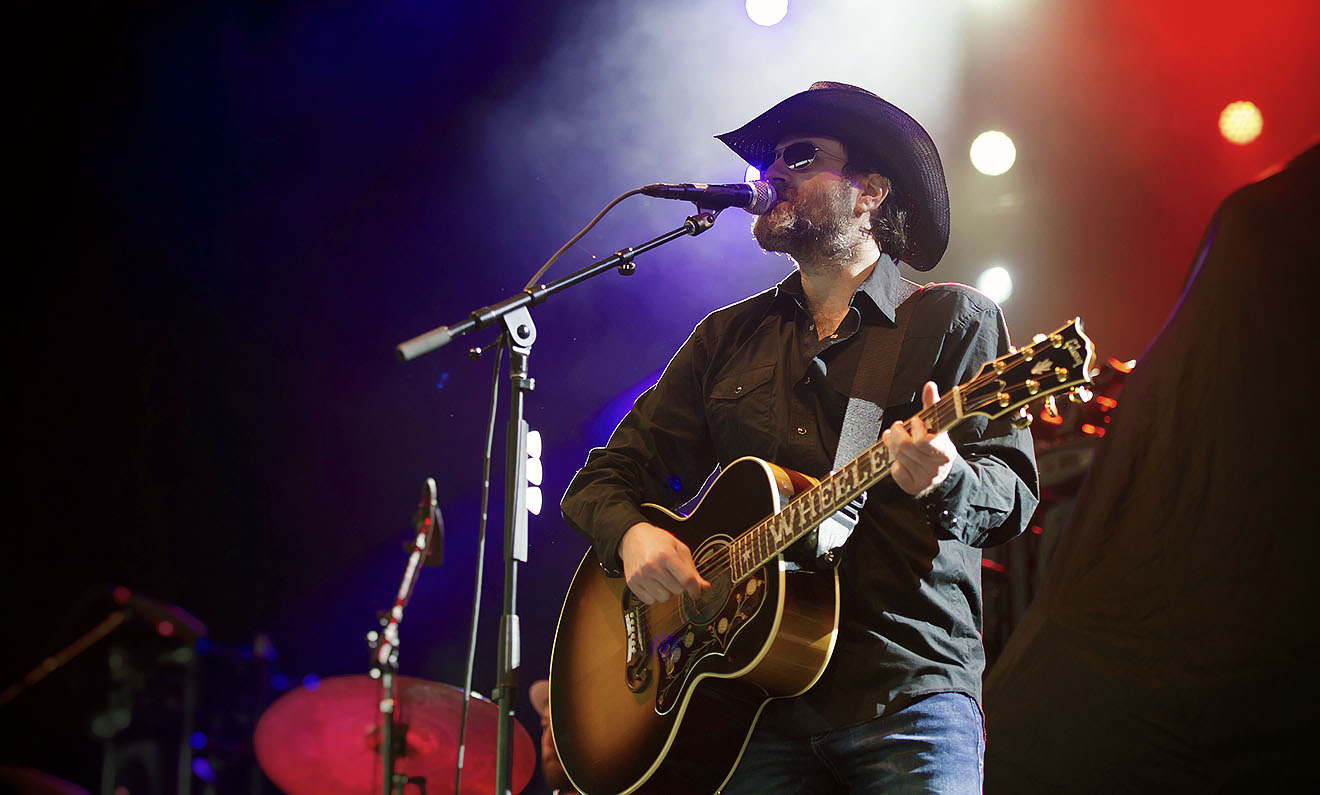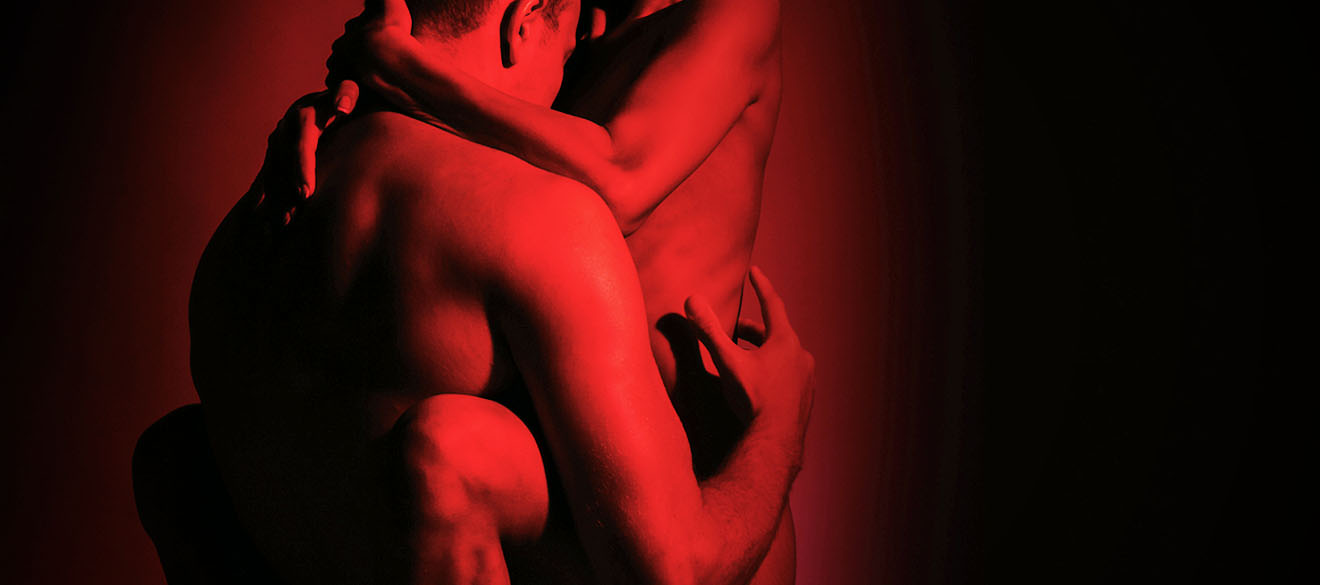“I had a system,” he recalls earnestly. “I could carry a couple of dozen papers under my arm, band them, and throw them all in the same stroke. Saved me a couple of hours a day.”
There is a strange, almost wistful pride in Frank’s voice as he talks, and he seems to be completely unconscious of the irony built into that modest little piece of brass. For yesterday’s Boy of the Month is now, and has been for the last five years, a male prostitute, a man who has grown used to taking his pride from a wholly different sort of performance. But it is easy to see both these people in Frank the eager, overachieving newsboy with the soft eyes and open demeanor; and the relaxed, almost self-consciously sinuous whore who even in these unprofessional circumstances wears a black shirt open to the navel.
Frank is a couples specialist, a man who makes his living by being a professional numero trois in an almost dizzying variety of amateur ménages. “I’ve done hundreds of them,” he says with an all-ina-life’s-work shrug. “It’s gotten to be almost routine.”
A far cry, though, from the routine that occupied the greater share of Frank’s working adulthood. He holds a master’s degree in business administration from a southern California college, and up to the point of his entry into what he calls “the life” he made his living as an accountant.
“I had been married for seven years,” he says. “My wife and I had separated, and I took a trip to South America so we could think things out. When I got back we decided to divorce. At that point I had more bills than I could pay, so I found a part-time accounting job. Well, those jobs don’t pay much.
“One day I happened to read an article in a men’s magazine about a guy in Massachusetts who had advertised in underground newspapers as a ‘masseur.’ Apparently he’d gotten a lot of response from those ads. So I decided to put an ad in the paper, just to see what would happen.”
His first ads—”Rocky had just come out, so I wrote, ‘Call the Italian Stallion,’ something stupid like that”—were for females only, but he quickly found out that “you don’t get rich doing that unless you have contacts.” So he put in an ad for females and couples, thinking that “maybe there are some guys out there who are kind of weird, who would want something for their wives.”
Well, his first responses were from men, but not from the sort of men who tend to form the better halves of couples. In fact, Frank’s first few clients were exclusively gay.
“I was totally passive,” he says. “I needed the money desperately, and I just wanted to find out if I could respond without cringing. Well, I found that I could, that I could get into a fantasy trip, just close my eyes and forget the whole thing.”

“The thing is, I hadn’t had that much sexual experience. Some, but not a lot. My sex life with my wife was not good. So I really didn’t have much idea of what I was getting into. Mostly it was just a matter of seeing if I could do these things at all. When I found that I could, it was like a form of success, and that made me happy.”
Happy, but not rich. “I still didn’t know what I was doing,” he says. “I didn’t even know how to tell people there was a fee.” But after a few “successful” gay experiences, Frank eventually got his first call from a couple.
“The guy called, gave me some cockamamie story about having a bad back and having a hard time functioning with his wife. He said he wanted to try something new. Well, I still didn’t know what to charge, so I had to call some of the ads in the Advocate and ask some of the other guys. Finally, we settled on $35.”
“I went out to their house—they lived way out in the sticks, on a farm or something—and I was surprised to find that they were both pretty nice-looking,” he continues. “He was actually better-looking than she was, but she wasn’t bad. Now he had claimed on the phone that he wasn’t going to watch, but I figured he was or he wouldn’t have brought me out there in the first place. I mean, what’s he going to do while I fuck his wife, watch TV? But I’d never done anything like that. I didn’t even know if I could function with somebody else watching me.”
“Well, he got undressed first and I gave him a massage while his wife watched TV in the other room. Then he called her in and coaxed her into taking off her clothes. She was really shy about the whole thing. Then he walked out, but I knew he was watching through the door. So I started massaging her, trying to get into it, figuring if I can get excited and do this, it’s going to be great—it means I’ve succeeded. Again, it was a matter of can I do this or not. So anyway, I found that massaging her like that kind of turned me on. I was able to get an erection and fuck her. In the middle of it, I turned my head and saw that he was looking. I was afraid that might wilt me, but it didn’t. It didn’t turn me off.”
After a while, the client revealed he could not come, but Frank sure could.
“But I didn’t collapse on top of her or anything—I didn’t think that would be very professional. Then we got dressed, he paid me, and I left. On the way home I was really happy. It was a big kick to realize that I’d just been paid to fuck somebody. I was thinking, gee, maybe I can really make some money at this. In fact, I was so happy that I stopped at the record store and spent the whole thing on records.”
A brief lull followed this first session, but soon business began to pick up. “After I put ads in three papers,” Frank says, “the phone started to ring. And once you start seeing people occasionally, unless you’re a complete nerd you’re going to start getting repeat business. So it was just a natural progression.”
As part of that progression, Frank began to develop a modus operandi, a style. “I like to be friendly and open. Put people at ease. You know, talk to me, say whatever you want. Ask questions. Feel free to do what you want and let’s have fun. Let’s be relaxed. Don’t look at me as a professional on a pedestal.”
He also developed a get-down-to-business technique of breaking through the inevitable first-session jitters. “I used to sit down with them, have a drink, talk for a while until they got comfortable. But after a while, I found it’s much better to just get into the bedroom, get their clothes off, and start in with a massage. If they can lie there and feel my hands on them, that’s going to be much more relaxing than sitting in the living room having a drink and getting all uptight about what’s going to happen ten minutes down the line.”
Unless a couple has something definite in mind—which is rare, Frank says—he will usually take the lead. “I do it whether they’re experienced or not,” he says. “I try to do the sorts of things I think they might enjoy and hope that if there’s something they want they’ll feel relaxed enough down the line to say, ‘Oh, let’s try this.’ If they don’t, I just continue to take the lead. If I’m fucking her brains out and he’s off to the side or something, I might say, ‘Hey, would you like to join in, or let’s switch positions—anything to try and get him to take part.”

Of course, the question arises (pardon the expression): how does one manage to unfailingly, day in and day out, get an erection on cue in the company of total strangers? “Sometimes I’ll fantasize about something,” Frank says. “A movie I’ve seen, or a photograph, something in my mind that’s been a turn-on. But usually I manage to get genuinely sexually excited. It’s very hard to just make your dick rise on command. Maybe it can be done, but usually I’m not the type who can pull it off. I have to be sexually involved.”
Even when the women are unattractive? “I’ve been really lucky,” Frank says. “Maybe unattractive people aren’t kinky, maybe they’re embarrassed to call somebody, but most of the people I see are attractive, or at least average. Some of them are surprisingly nice-looking.”
But there have been exceptions. “I do have some fat, unattractive customers that I see. I can still do it, but to me it’s hard work. I remember one couple: I walked in and there was this guy with a beer belly. Well, fine, sometimes you see a beer belly and there’s a beautiful woman next to it. So I walked into the other room, and there’s this elephant in a muumuu. I can tell she’s not a slim woman because her face is out to here, but I still don’t know what she’s really going to look like because the muumuu is hiding everything. So we go into the bedroom. She lies down on her back and her husband takes the muumuu off. The first thing that flops out are these big, watermelon breasts. Then there’s this huge stomach that looks like the whole watermelon patch. So she’s lying there and all I can see are these big breasts with this enormous mound underneath them.”
He chuckles.
“Well, what can I do? I can’t say ‘barf,’ or ‘yech’—I have to be cool. And what’s really on my mind is there’s no way I can screw her on her back—how am I going to get between her legs, get an erection, and then find it through those gobs of skin? Well, thank God her husband turned her over and fucked her first. While he fucked her she gave me head, good head. The lights are low, her stomach has disappeared underneath her, and she’s giving me pretty good head. So I manage to get into a fantasy trip and get an erection.”
“But I still had to find her cunt through all that flesh,” he continues. “At first I couldn’t find it. So I’m starting to panic, and when you panic you’re going to lose the erection. So I start searching and poking, searching and poking. Finally, luckily, I found it before the erection disappeared, so I was able to fuck her. But I don’t know what would have happened if I hadn’t been able to find it.”
Getting it up, of course, is only half the battle. Once achieved, that sometimes elusive erection has to be maintained at all costs. “The minute you panic or tense up,” Frank says, “you lose everything. You have to force yourself to keep a relaxed attitude, keep your fantasies in mind. If you don’t, the erection will go. The whole thing will be ruined, and you’ll feel terrible about yourself.”
Although this hasn’t happened to Frank in years, one incident that occurred early in his career remains etched in his mind.
“The first time it happened I think I was actually affected by the guy. He was a very macho New York-style guy, and for some reason, he had an effect on me and I couldn’t seem to do anything. He would give me head, I would have a nice erection, but when he said to fuck his wife, for some reason I couldn’t hold it. To this day I don’t know why. I even offered to give them their money back, but they wouldn’t take it. They were very nice about it. In fact, she even called me back the next day and said, ‘Gee, I’m sorry you couldn’t get into it. You seem like a nice person. That made me feel a little better, but I still felt like shit.”
It’s equally important, of course, to hold one’s mud, to come only when requested. “If you come too much,” Frank explains, “you’ll become totally disinterested. During these five years, I’ve just trained myself not to.” For Frank this is apparently a matter of mental discipline, a sort of zen mastery over the process of reproduction itself. “Obviously,” he says, “I have to get excited to a point. But I have to know where that point is, and I have to avoid going through that point. Otherwise I’ll come, and I’ll blow the whole thing.”
Even then, when he goes over that thin line between delight and depletion, Frank has learned how to cover himself. “For example,” he says, “there are times when I haven’t come completely but I’ve reached a physiological state in which I’m going to go down before I come back up. In those cases I have to muddle through for a while before I can come back up. Maybe I’ll use my mouth, or my hands, or get the guy to come in and take my place. But I usually don’t admit it when it happens, because then they think, Oh, it’s all over.”
“Muddling through” is not the only technique Frank has developed to deal with ticklish situations. On occasion the deceptions can be comical, almost ludicrous.
“There was a doctor who I used to see all the time with his secretary. We used to do it right in his office—not with the stirrups or anything, but on a couch in his office. His thing was to watch us do it until we both came and then go down on her afterward. Well, once I couldn’t come. I just didn’t feel like it. And it turned out that time that she wasn’t in the mood either. So we both faked coming, and he didn’t know the difference.”

“After that she and I developed a signal system. She would either pinch me or wink at me when she’d had enough, and I would fake an orgasm. You know, all the noises and everything. I would fake the come, withdraw, and get off. Then he would come in and go down on her. He was completely satisfied. To this day I don’t think he knows the difference.”
Frank’s good doctor was easily satisfied, at least in part, because he seemed to know what he wanted. This, it turns out, is rare, particularly in working with couples. “It’s very hard for a lot of people to tell you what they want,” says Frank. “They just can’t verbalize it.” Generally, though, it’s the man who supplies the motivation. “Usually it’s the guy goading the girl,” Frank agrees. “The women are usually shy, at least initially. I think a lot of them have doubts about why their husbands or boyfriends have called me. They wonder if the guy’s going to turn it against them, or use it as an excuse to go out and start fucking other women.”
Men’s motives, Frank has learned, can run the gamut, from a simple desire to have their women brought to orgasm to the satisfaction of deeper and sometimes darker longings. “A lot of guys,” Frank says, “are just sexually lazy. They just don’t want to take the time to turn a woman on. Their idea of a sex life is, I’ve got a hard-on, let me stick it inside you till I come. But they think they’re nice guys. They say, ‘You want to get off? I’ll take you over to see Frank. He’s a professional.'”
Occasionally the motive can be sexual competition, in which the man uses the bedroom as a sort of Superdome and Frank as a worthy adversary. “I had a black couple once,” says Frank, “where it looked like the guy was using me to compete with him. His wife took a long, long time to come, and it turned into a sort of sexual Olympics, like who could fuck her the longest and who would be in the game when she finally got off. But I didn’t really get into the competitive aspect of it. To tell the truth, I got really bored. I was saying to myself the whole way through, Geez, is this going to go on all night long?”
Some couples seem to want to use the threesome as a forum for their own arguments—two shrews in need of taming.
“I remember one couple: the guy was a voyeur, and the girl was an out-and-out fox. I started out massaging her, and while I was doing it he kept saying, ‘Why don’t you suck him? Grab his cock?’ And she started arguing back, saying, ‘Why don’t you?’ Well, he couldn’t get it up because he needed to see something happening, and nothing can happen because they’re sitting there arguing. I’m off to the side thinking, What the hell is this? And I’m having trouble getting it up myself.”
“Finally she gets really mad. She looks at me and says, ‘Okay, let’s do it.’ Well, she wasn’t really ready for anything. She was completely dry because of all the arguing. But somehow we managed to do it, and afterward she warmed up a little bit. I think she was trying to rub it in with her husband by being nice to me.”
Occasionally Frank works for couples whose needs fall at the loonier end of the spectrum.
“A girl calls me one night and says, ‘My husband wants you to come over and fuck me.’ Well, fine, it’s nice to have people be really straight with you on the phone. Then she says, ‘Well, it’s kind of strange—he’s going to be under the bed.’ So I think, Oh, he must be an audio freak. He likes to listen to the sounds. So when I get there she tells me, ‘Okay, we’re going into the bedroom and there’s going to be a hole in the bed. He’s burned this hole in the bed, and he wants you to place me over the hole while you do things to me.'”
“Well, sure enough, there’s a hole in the bed, and this guy’s underneath it somewhere. I can’t even see him. Now, in the process of making love, I like to move around and change positions because it’s more fun that way. Well, naturally, if I move around she’s going to leave the hole. So I guess he must have moved over and stuck his head up from under the bed to see where we were. Right at that moment, I happened to put my head down, and I stuck my thumb right in the guy’s eye. I hear this huge ow!, and then his wife and I start to giggle. I mean, she thought the whole thing was ridiculous anyway. We got to giggling so bad that we just couldn’t go on.”
“Amazingly, the guy asked me to come back. The second time he says, ‘Look, all I want you to do is put her over the hole and fuck her.’ So I said, ‘Okay, fine.’ I get her in bed, over the hole. We’re fucking away, and all of a sudden the bed breaks! It just caves in, falls right on top of him. So that was the end of that experience. I have no idea what happened to the couple, but it was probably the craziest thing that ever happened to me.”
In at least one case, the “craziness” of the husband took a turn toward viciousness and violence. Frank remembers it vividly, and with at least a hint of shame. “It was a couple from somewhere in the Middle East, someplace where the man is the absolute boss. The woman had just gone through a hysterectomy. I really don’t know why this guy wanted to do it, because his wife was still recovering from the operation. But he wanted someone to fuck her. He wanted it badly. Well, the woman wasn’t interested and I really wasn’t either. I mean, I didn’t want to hurt this woman.
“It seemed like I was there for a long time, I guess because of all the tension. We finally put her in a chair, and then he used me as an instrument to rape her. That’s really what it amounted to. I mean, I didn’t hurt her; I was as gentle as I could possibly be, but that’s basically what it was. I was an instrument he used to rape his wife.”
“Afterward, when he went out of the room, I told her I was sorry. I know it was a little late for that shit, but I had such ambivalent feelings about what was going on. But she kept telling me it was okay, so I felt a little relieved. When I left there I remember thinking, Gee, this couple is doomed.”
If Frank is willing to perform such marginal and potentially dangerous acts as rape by proxy, the question then becomes: where does he draw the line? What does it take to get him to say no? Are there any entrees on the sexual menu that he finds disgusting? Apparently, the question comes up far more often with men than with women. “I won’t fuck a guy in the ass,” he says, “and I won’t allow myself to be fucked that way. Also, whatever I’m doing, I always stop short of injury.
“Other than that, I’ve never really passed the line on anything. I’ve spanked guys, fist-fucked them, pissed on them, I’ve gone through oral trips with guys who wanted to be berated or dominated in some way both verbally and physically. . . But nothing was ever disgusting, okay? There have been things that I thought were hard, like kissing guys, but nothing was ever disgusting.”
On the brighter side of things, there are times when Frank actually seems to be doing a social service, when he functions not only as a paid stud but as a sort of amateur sex therapist. “A lot of women,” he says, “just want somebody to talk to. They can’t talk to their husbands for whatever reason, so they use me as a sounding board. They think that I’m the guy with the experience, so they ask me the questions. Sometimes you have to do a lot of soothing.”
But it’s not only the women who are in need of comfort and assurance. “I’ve had to soothe an awful lot of men,” Frank says, “who could not get it up when they thought they should. I know how I would feel in a situation like that—here this other guy’s fucking my wife’s brains out, and then it’s my turn and I can’t get it up. So I say, ‘Hey, this happens all the time. You’re not used to having another guy with your wife, you’re not used to having somebody watching, and there’s a lot of pressure on you.’ So I just try to build their egos back up a little bit.”
Basically, though, Frank is well aware that most of the couples who come to him are struggling through a difficult period in their own relationships. “There’s something wrong,” he says, “and they’ re experimenting in the hope it’s going to save their marriage.” The women, in particular, seem confused, perplexed. “Sometimes the girl will call me back the next day. She realizes that her relationship is not what she wants it to be, and she doesn’t know what to do about it. She just wants someone to talk to.”
Occasionally Frank’s sympathy moves past the talking stage and becomes downright intervention. “If a guy’s really obnoxious,” he says, “when he leaves the room I’ll try to see if the girl realizes that she doesn’t have to put up with all this. I mean, I don’t come out and say the guy’s a schmuck—you can’t do that—but I might say something like, ‘Hey, you don’t have to do this. He’s just a guy, and there are billions of us around.'”
This approach has on at least one occasion produced a surprising twist, in this case with an unmarried couple.
“One woman called me and asked me if she could see me on the side. I said sure. I mean, business is business. So I saw her a number of times by herself. Then one day she called me up and told me she had married her boyfriend. She said, ‘Well, he keeps asking me and asking me, so I finally gave in and married him.'”
“Well, she wanted to go on seeing me on the side. So we talked about it, and I said that maybe it would be a good idea if she put her energies into the marriage and see if it’s going to work before she starts seeing me or anybody else. I mean, why get married if you’re just going to turn around and get divorced?”
In the end, it seems, very few of these troubled relationships survive, and Frank is ultimately rather uncomfortable with his role as an extemporaneous sex therapist. “I’ll always talk to them,” he says, “but I’m not a trained sex therapist. I always tell them that they shouldn’t accept anything I say as the word of God, that I’m only speaking from my own experience. Actually, when you get right down to it, I feel kind of foolish in that role.”
It’s not hard to see why. Frank himself has to struggle to preserve the one truly important relationship in his own life, a two-and-a-half-year live-in arrangement with his girlfriend Jessie. (Actually, they share two apartments—one where Frank does his work, the other where he avails himself of a family life with Jessie and her son.) To make matters even more complicated, Jessie herself was once a working prostitute on the streets of Philadelphia. But she has left “the life ” with a vengeance, and now regards it with all the zealous distaste that one usually associates with reformed drunks.
“Jessie does not like my work,” Frank says simply, “despite the fact that she used to do it herself. She can handle it better than 99 percent of the people, but she still gets upset. She seems to think that I don’t give her enough sexually. I think she gets it in her head that I’m giving my customers something that I don’t give her. It’s not true, but that’s what’s in her head.”
The central problem revolves, as these problems often do, around orgasm. “There are times,” Frank explains, “when I just don’t feel like coming. I’m more excited and more pleased just holding Jessie, kissing her. If we’re having intercourse and she comes, that’s fine with me. I don’t have to go on. But she seems to think that if I don’t come I haven’t enjoyed it.”
Jessie also has a complaint that’s more standard among the wives and girlfriends of professionals: her man can be called away from her side at a moment’s notice. This can be particularly annoying when he is called from her bed to the bed of someone else’s wife.
“Jessie was upset yesterday. We were in bed in the morning, and I got a call from a couple. Well, it was Sunday morning and we had invited some friends over. We had to clean up the house, make rigatoni … All of a sudden I’m gone, and we both know it’s going to be longer than fifteen minutes. Naturally, she’s going to get a little upset.”
These episodes, which can happen as often as twice a day, put extra pressure on Jessie, and she often turns that pressure back on Frank. “She’s very direct,” he says. “She wants me out of the life.”
Bizarre customers. A disapproving girlfriend. A limited future (like athletes, a prostitute’s career is very much a function of age, and Frank is now thirty-six). Danger (he’s been busted twice). With all these negatives, what is there about this work that keeps Frank going? The satisfaction he delivers to his customers is obvious, but where are the satisfactions for Frank himself?
Apparently, it’s not the sex. “If I wasn’t in a relationship with a woman,” Frank says, “I might be getting my sexual yahyahs from my work. But since I do have a relationship with somebody that I really love…”
There is the money, of course. Although you’d never know it by his low-key lifestyle (he lives in a nondescript, vaguely funky apartment and drives a Japanese sedan), Frank does very well by most standards. Figure-shy for understandable reasons, Frank will admit to working an average of twice a day at a minimum of $50 a crack. Sometimes the fee with “bonuses ” can run as high as $500. This means a minimum income of roughly $25,000 a year, with the real take probably much higher. Not bad for an out-ofwork accountant.
Then there are the social benefits. Frank is a genuinely friendly, gregarious sort, and he likes to meet people. “Some of them are very interesting,” he says. “They are well-to-do-poor people can’t afford this sort of thing—and sometimes famous. I’ve met a few celebrities, sports figures, music figures, and that’s kind of a kick. But mostly it’s the idea that each time you meet someone and go through a sexual experience with them, you’re growing also.”
But more than the money, more than the contacts, it’s the freedom and mobility that keep him interested. “I know,” he says, “that there’s probably not going to be another period in my life when I’m going to have this much freedom. I’m free to wake up when I want to, go to sleep when I want to. I can take vacations when I want to. For example, this summer I went to Russia just because I felt like going. The thing is, I can do that. I don’t have to go to my employer and ask permission.”
And when all is said and done, how does this ex-accountant, this onetime Newsboy of the Month, assess himself in light of what he has become?
“I’m certainly a different person than I was five years ago. For one thing, I’ve matured sexually as I’ve gone along. With all this on-the-job training, I’ve become sexually confident in a way that I never was before.
“I’ve grown up pretty fast. I’ve had to realize that it’s not all peaches and cream, and I’ve had to learn to be careful. I mean, there are strange people out there—you have to look out for cons and bullshit. So you open yourself up to the possibility that things like that can happen.
“But I’m still very tolerant. You have to be tolerant to put up with people’s foibles and fantasies. When you’re working in an intimate situation with people, it can be very difficult. You have to have a lot of patience with people, you really do.”
There is a realism, an almost self-deprecating maturity about Frank’s evaluation of himself and his work. Certainly he does not think of himself as either a bedroom Freud or the world’s greatest lover.
“It would be easy to sit down and say, Wow, I’m really doing a service. But hey, you know you’re just somebody’s sexual fantasy, and if you can’t satisfy them, they’ll satisfy that fantasy somewhere else.
“You know, when I first started doing this I thought, Wow, I’m getting paid to fuck women; I must be really good. But as you continue doing it, it becomes a job. It’s still work, no matter how pleasurable. And when you leave that couple behind, you’re still there by yourself. You know you haven’t done anything fantastic. You’ve done the job you were hired to do and that’s it. Hopefully you’ve done it well and hopefully you’ve given some satisfaction. But you’re not going to change the world.”
And what of the future? What does a thirty-six-year-old professional prostitute do when he finally hangs up his spike?
“I don’t know,” Frank says. “I do know all this is going to end and I’m going to have to go back to work. I’m just trying to milk this period of my life for all I can. When it ends, it ends. But I’ll keep doing it. At least, as long as the phone keeps ringing . . . “


















